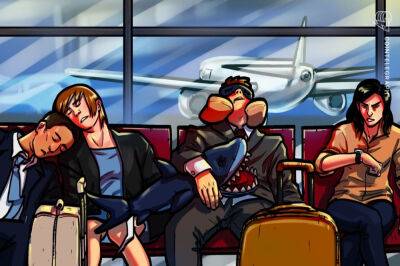Spiralling inflation, crops left in the field and travel chaos: 10 reasons Brexit has been disastrous for Britain
When British politicians talk about Brexit and its consequences, they tend to adopt rictus grins and assure us that, by some miracle as yet unexplained, everything is going to be OK. The Labour leader Keir Starmer, who only a few years ago was a passionate advocate of a second referendum on our exit from the EU, now has a five-point plan to “make Brexit work”. Meanwhile, as the Tory leadership contest grinds on, both the candidates are at pains to claim that life outside the EU is going wonderfully well, or soon will do.
No matter that leaving the EU has tangled up businesses in form-filling, fees and a new world of unbelievable complexity: Rishi Sunak says he wants to “go further and faster in using the freedoms Brexit has given us to cut the mass of EU regulations and bureaucracy holding back our growth”. Liz Truss sounds even more zealous: she now wants to scrap all the regulations in UK law that are there as the legacy of our time in the EU by the end of next year, to “make the most of our newfound freedoms outside the EU”.
Six years ago, Truss – unlike Sunak – enthusiastically campaigned for remain, but she is now more than happy to eat her words. “I was wrong and I am prepared to admit I was wrong,” she recently told the BBC. “Some of the portents of doom didn’t happen and instead we have actually unleashed new opportunities.”
That “some” is a very telling use of language. The peace process in Northern Ireland and the power-sharing arrangement it created – perhaps the greatest achievement of post-Thatcher British politics – have been severely destabilised. The UK is an increasingly lonely, sometimes downright odd presence on the world stage. Most of Europe, indeed, seems to think we have gone collectively mad.
And then
Read more on theguardian.com




















